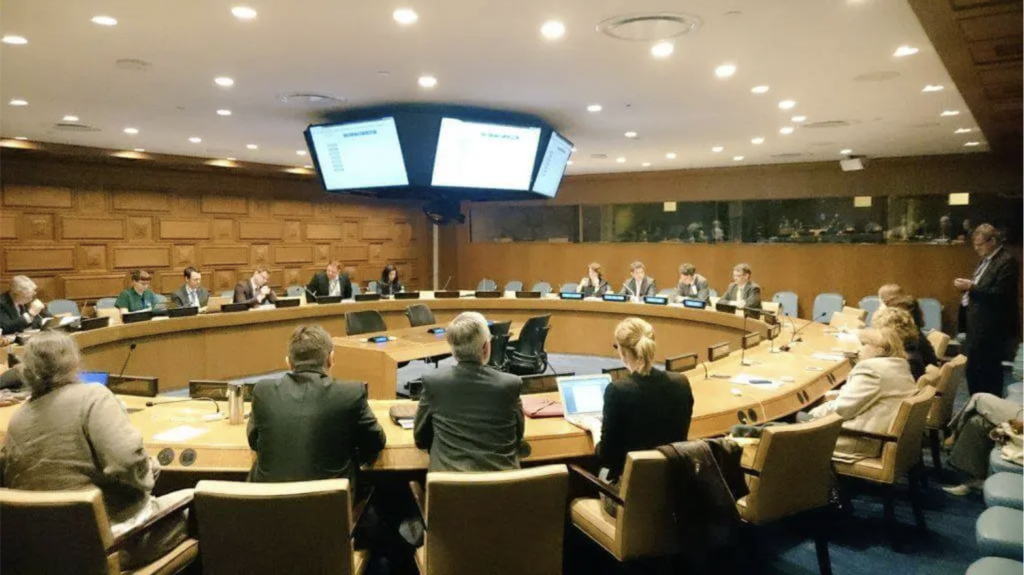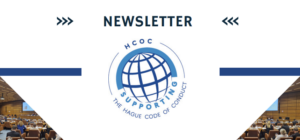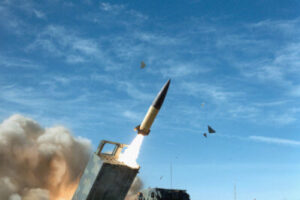Side event on HCoC in the margins of the NPT in New York
8 May 2015
On 8 May 2015, on behalf of the European Union, the FRS organised a side event on the Hague Code of Conduct and Ballistic Missile Non-Proliferation, in the margins of the NPT Review Conference in New York.
This event, which took place at the United Nations headquarters, included a series of presentations followed by a discussion, and brought together representatives from both subscribing and non-subscribing States, and officials from the European Union, with a view to raising awareness of the Code with regard to non-subscribing States and discussing the current and future trends and challenges pertaining to ballistic missile proliferation.

AGENDA
PANELLISTS:
- H.E. Györgyi Martin ZANATHY, Permanent Representative of the European Union to the International Organisations in Vienna
- EU action to promote the nonproliferation of WMD delivery systems
- H.E. Gustavo MEZA-CUADRA VELÁSQUEZ, Permanent Representative of Peru to the United Nations
- The role of the HCoC and an assessment of the Peruvian Presidency
- Camille GRAND, Director, Foundation for Strategic Research
- An assessment of current and future trends in ballistic missile proliferation
- Dr. Mark SMITH, Programme Director, Wilton Park
- Responding to the threat posed by ballistic missile proliferation – the HCoC and beyond


